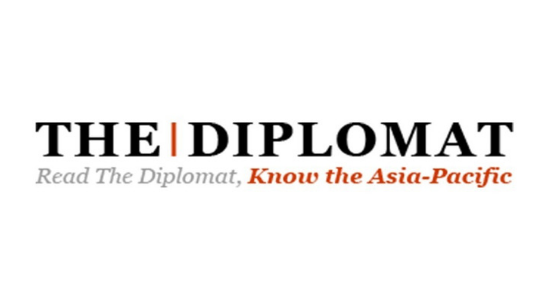When Development Finance Does More Harm than Good: The Case of Indorama Agro in Uzbekistan

As the European Bank for Reconstruction and Development (EBRD) begins its Annual Meeting in London this week, civil society organizations and project-affected people are demanding accountability and remedy for harm caused by the bank’s investment in the Indorama Agro cotton project in Uzbekistan.
Earlier this month in Washington, D.C., leaders of the World Bank and International Finance Corporation (IFC) unveiled sweeping plans to expand private sector investment and job creation. But if they want these promises to carry weight, they must first reckon with a hard truth: development banks are still failing the very people they claim to serve.
Too often, when harm is exposed, banks are letting clients quietly exit loan agreements early, leaving affected communities without justice or remedy.
Consider the case of Indorama Agro, one of Uzbekistan’s largest cotton producers. The IFC and the EBRD poured a combined $130 million into the company in 2019, promoting it as a flagship for sustainable private sector development in a country long plagued by state-imposed forced labor in its cotton fields. The stated goal was to help reboot Uzbekistan’s cotton industry and increase economic inclusion.
However, that vision never materialized. Instead, rights monitors quickly uncovered a host of human rights abuses, land confiscations, massive job losses, wage theft, and retaliations against workers who spoke out. Despite repeated warnings and documented violations, the banks failed to enforce the very environmental and social (E&S) standards that were supposed to guide their investments. And farmers and workers paid the price — the former through loss of land and livelihood without compensation, and the latter through unpaid work under threat of reprisal, forcing many to move away from home in search of employment.
Read the full article on The Diplomat here.

